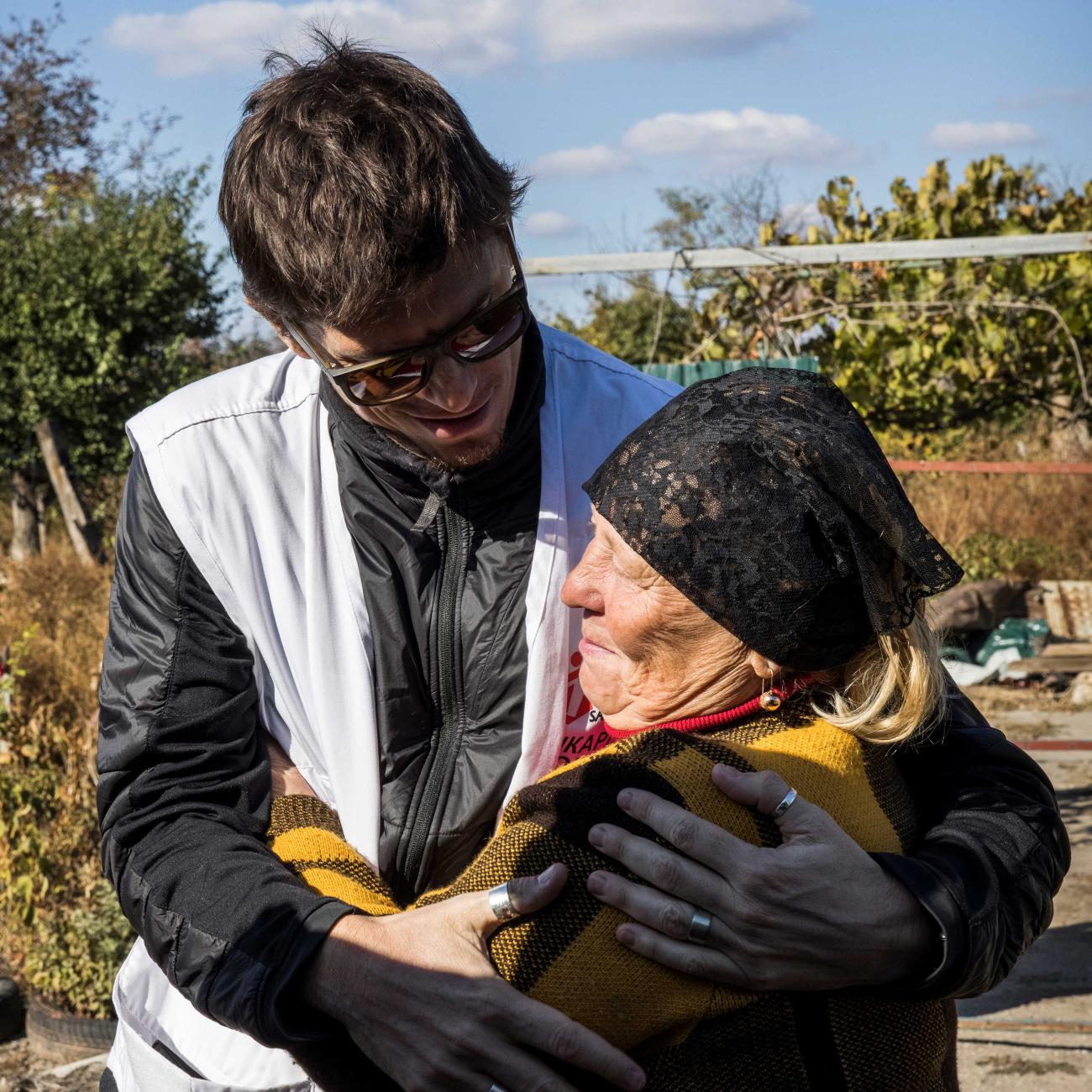The war against Ukraine has dampened international cooperation on issues including climate change, nonproliferation, and arms control among the G20. It has also accelerated a broader shift in the global order, intensifying great power competition between China, Russia, and the United States. This rivalry hampers efforts to reach solutions to global problems and has geopoliticized many of the issues at the heart of international cooperation, effectively turning cooperation itself into a politicized act.
Even as international cooperation on the global level has become more difficult, cooperation among like-minded states with complementary interests has expanded. This is apparent in the stronger ties between Russia and China, unprecedented cooperation among Western countries to sanction Russia, and the neutral position of many countries in the Global South toward the war in Ukraine.
For the United States, cooperation with Russia and China has become more difficult than ever. However, improving cooperation with countries of the Global South on an issue-specific level, emphasizing shared objectives and mutual benefit, offers avenues to build new coalitions and revive international cooperation.
Cooperation among like-minded states with complementary interests has expanded.
The difficulties international cooperation is facing have become apparent within the G20, one of the most important fora for cooperation. Russia’s invasion of Ukraine deepened divisions within the group and made reaching agreements on issues including inflation, shortages, and economic growth more difficult. Russian President Vladimir Putin did not attend the November G20 meeting in Bali, Indonesia, in November 2022, where other members passed a joint declaration condemning Russia’s war. However, at the February meeting of financial chiefs in Bengaluru, India, China blocked attempts to issue another joint declaration of condemnation. At a March meeting in New Delhi—which was dominated by discussion of the war in Ukraine—foreign ministers once again failed to reach a consensus on a declaration.
The negative impact on international cooperation is also evident in the area of nuclear nonproliferation and arms control. Russia has stopped pushing Iran in talks to salvage the Joint Comprehensive Plan of Action and has become more hesitant to criticize Tehran for its unwillingness to make progress. Instead, Moscow is strengthening its ties with Tehran and sourcing drones for use in Ukraine. Russia has also suspended its participation in the New START agreement; the last remaining nuclear arms deal with the United States. At the beginning of March, Russia stopped sharing information with the United States. Russia also announced that it plans to deploy nuclear weapons in Belarus. This would undermine the Treaty on the Non-Proliferation of Nuclear Weapons and further weaken international cooperation on nuclear nonproliferation.
The war’s impact on the fight against climate change has been mixed. Russia has politicized climate issues and tried to leverage global climate needs to obtain relief from economic sanctions and to evade isolation. For example, at COP27, Russia argued that it should be given access to technology and financing to meet global climate benchmarks. The war also caused energy prices to soar, prompting many countries to turn to coal for the immediate future. But as the war drags on, more countries are prioritizing renewable energy as a national security imperative, especially in developing countries. These efforts represent significant progress toward the green energy transition, but have mainly been the product not of more cooperation, but of geopolitical necessity.
Rather than pursuing international cooperation on a global level, states are turning toward like-minded partners. Russia and China have intensified their ties. Putin and China’s leader, Xi Jinping, signed agreements to grow their economic partnership and reaffirm relations between the two countries at a summit in Moscow last month. Xi and Putin frame their partnership as an alliance against Western dominance. This echoes Putin’s justification for invading Ukraine. China has become an important economic and diplomatic partner for Russia, which is selling dual-use goods, including drones and drone parts, to Russia, and is reportedly considering lethal weapons deliveries. China claims it is acting as a peacemaker, but it blocked G20 and UN efforts to condemn Russia’s actions, remains one of the largest purchasers of Russian oil, and offered a peace plan strongly tilted in Russia’s favor.
The war has also unified and strengthened cooperation amongst Western countries, most notably the United States, EU and NATO members, Japan, and Australia. The coalition supporting Ukraine imposed unprecedented sanctions against Russia and cooperated closely to deliver significant military, financial, and humanitarian aid to Ukraine. In the past year, the United States and its European allies have successfully upheld that support under the leadership of the United States.
The war did not split the world neatly into two blocs. Many countries in Africa, Latin America, the Middle East, and Asia maintained generally neutral positions, abstaining from UN votes and not joining Western sanctions. Recently, some of these countries have pushed for a negotiated end to the conflict. Although these countries are not homogenous in their positions, they share an unwillingness to wholly side with either the West or Russia. This hesitation reflects an unwillingness to return to an era of bloc politics. Global South countries have also cooperated on climate resilience. Developing nations have pushed for rich countries—many of which are the largest contributors to global emissions—to help pay for damage that climate change is already causing, a shared interest among vulnerable countries. These efforts saw success in the creation of a “loss and damage” funding for the world’s most vulnerable countries.
International cooperation is becoming more difficult as great power competition intensifies, aggravated by Russia’s war in Ukraine. This will make it more difficult for U.S. foreign policy to cooperate with China, and even more so with Russia, on global issues. However, not all cooperation is dead. Strengthening cooperation with countries in the Global South offers an avenue to avoid the fragmentation and decline of international cooperation. Going forward, this new landscape of cooperation will affect how the world addresses issues ranging from arms control to climate change to emerging health threats.





